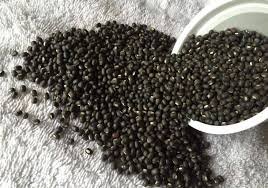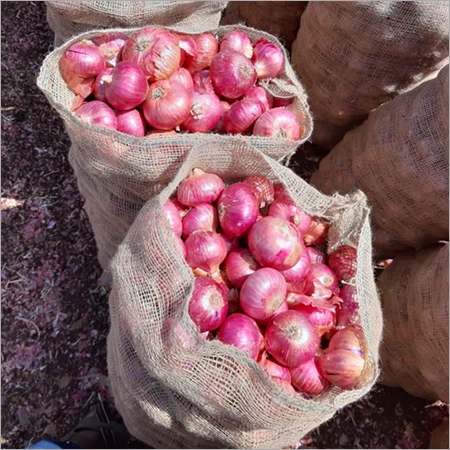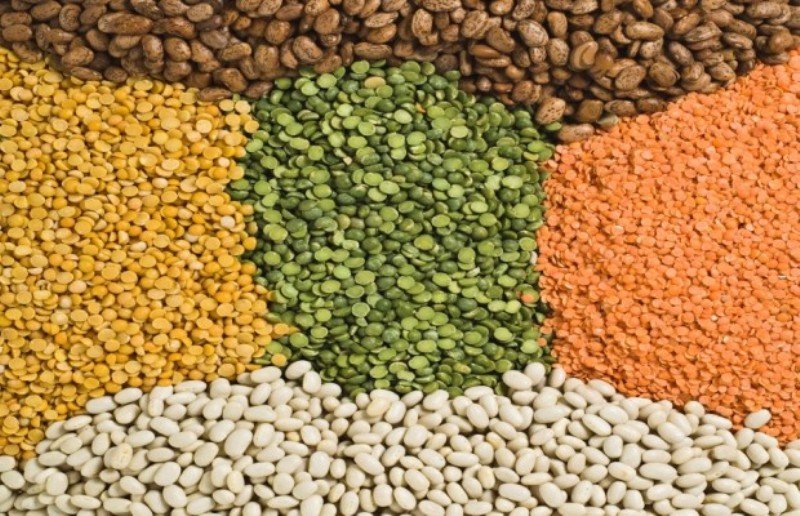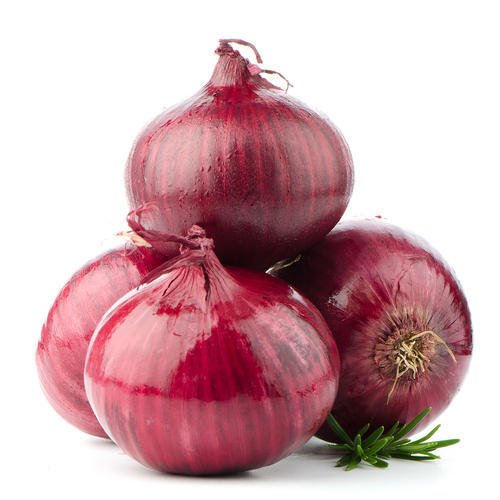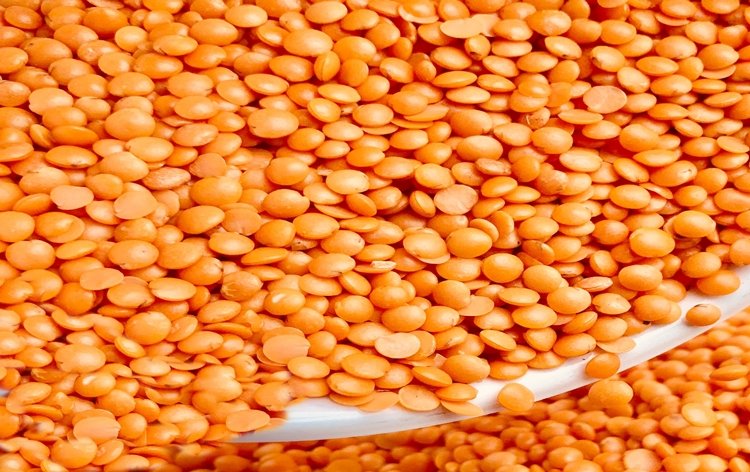Sowing area of Urad increases to 5.37 lakh hectares compared to 3.67 lakh hectares last year
National Cooperative Consumer’s Federation of India Ltd & National Agricultural Cooperative Marketing Federation of India Ltd have started pre-registration of farmers growing Urad.
The consistent efforts of Department of Consumer Affairs have resulted in softening of Urad prices, the Centre Government’s proactive measures have been pivotal in stabilising prices for consumers while ensuring favourable price realization for farmers.
The anticipation of good rainfall is expected to boost the morale of farmers, leading to the production of a good crop in major Urad producing states such as Madhya Pradesh, Andhra Pradesh, Uttar Pradesh, Rajasthan, Tamil Nadu, and Maharashtra. As on 05th July 2024, the area sown for Urad has reached 5.37 lakh hectares, as compared to 3.67 lakh hectares for corresponding period last year. The 90-day crop is expected to experience a healthy Kharif production this year.
Ahead of the Kharif sowing season, there has been significant momentum in the pre-registration of farmers through government agencies such as NAFED and NCCF. These efforts are part of the government’s strategy to encourage farmers to shift towards pulse production during the Kharif season, aiming for self-sufficiency in this sector.
In Madhya Pradesh alone, a total of 8,487 Urad farmers have already registered through NCCF and NAFED. Meanwhile, other major producing states such as Maharashtra, Tamil Nadu, and Uttar Pradesh have seen pre-registrations of 2037, 1611, and 1663 farmers respectively, indicating widespread participation in these initiatives.
The procurement of summer Urad under the Price Support Scheme (PSS) by NAFED and NCCF is in progress. As a result of these initiatives, as of 06 July, 2024, wholesale prices of Urad have witnessed a week-on-week decline of 3.12 per cent and 1.08 per cent in Indore and Delhi markets respectively.
In alignment with domestic prices, the landed prices of imported Urad are also on a declining trend. These measures underscore the government’s commitment to balancing market dynamics while supporting both farmers and consumers.
National Cooperative Consumer’s Federation of India Ltd

